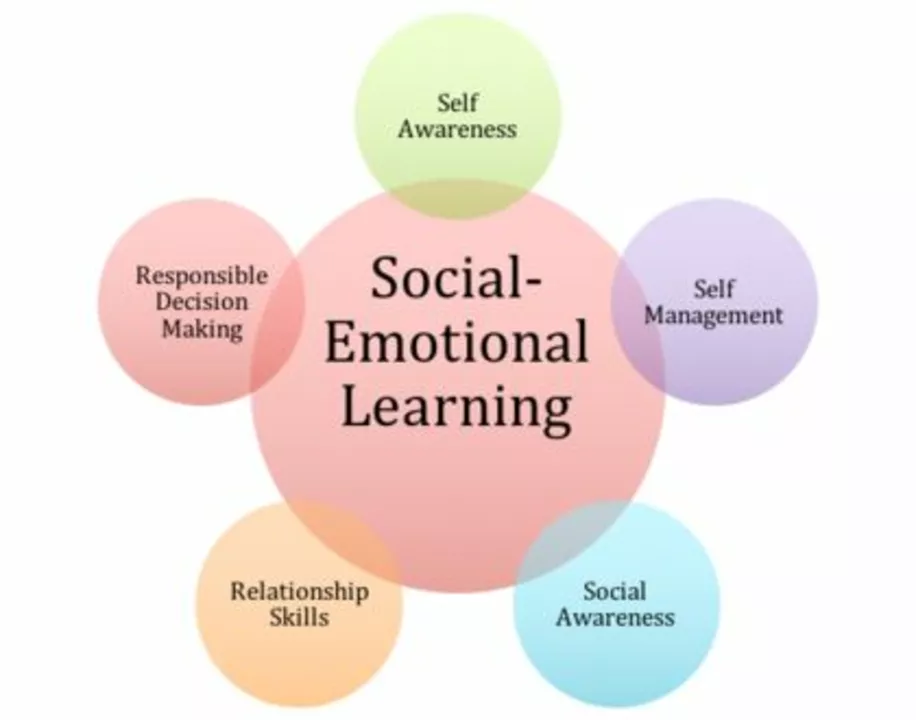Emotional Well-Being: Simple Tools You Can Use Today
Feeling off some days is normal, but you don’t have to stay stuck. Emotional well-being means you notice your feelings, respond to them, and build habits that help you recover faster. This page gives short, practical steps you can try right now — no fancy therapy jargon, just things that work.
Quick Habits That Help
Start small. Pick one habit and do it for a week. If it sticks, add another.
Sleep: Aim for consistent bed and wake times. Even 20 more minutes of sleep can lift mood and sharpen thinking.
Move daily: A 20-minute walk or quick bodyweight routine raises endorphins and breaks negative thinking loops. Exercise doesn’t have to be intense — consistency matters more.
Breath and ground: When anxiety spikes, try box breathing (4‑4‑4‑4) or name five things you see, four you can touch, three you hear. These tools calm the nervous system fast.
Keep a short mood log: Each evening, write one sentence about the day and one win — even tiny wins count. Over time you’ll spot patterns (what helps, what hurts).
Social check-ins: Call or text one real friend each week. Isolation makes everything worse. Even a 10-minute catch-up lowers stress.
Handle Tough Days Without Panicking
On hard days, aim for damage control: reduce stimulation, do something small you enjoy, and delay big decisions for 24 hours. If you feel numb or overwhelmed, try mixing grounding with movement — a short walk while focusing on five different smells or sights can shift your state.
Boundaries matter. Saying "no" to one thing frees energy for what helps your mood. Practice a one-line boundary: "I can’t do that right now, but I can help on Tuesday." Keep it short and clear.
If medications or changes in meds are on your mind, talk to a clinician. Medication can help when therapy and self-care aren’t enough. For articles on treatments and medication choices, see our piece on Zyprexa and mental health or read "5 Alternatives to Bupropion" for options and what switching looks like.
Think about small lifestyle supports: cut back on late caffeine, add omega‑3 rich foods (like fatty fish or a supplement), and limit doom‑scrolling before bed. These little shifts add up.
Finally, know when to reach out. If your mood is darker for more than two weeks, if you’re having trouble functioning, or if you think about harming yourself, contact a healthcare provider or crisis line right away. Getting help early makes a difference.
Emotional well-being isn’t a finish line. It’s a set of habits and quick fixes that protect you on rough days and help you build a more steady mood over time. Try one thing from this page today, and see how it changes tomorrow.

